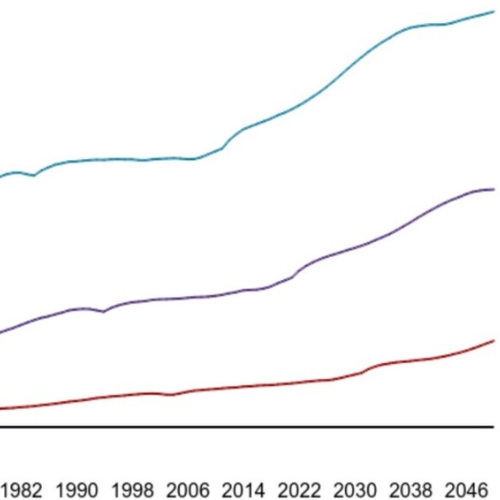Key points from article :
A new study published in the Journal of Psychosomatic Research suggests that the way people describe their own personality could be an important predictor of lifespan. Led by Professor René Mõttus of the University of Edinburgh, researchers found that specific traits—such as being “active,” “organised,” “responsible,” or “helpful”—were strongly linked to lower mortality risk. For instance, participants who described themselves as “active” had a 21% lower risk of death during the study period, even after accounting for age, gender, and health conditions.
The study drew on data from more than 22,000 adults across four long-term studies, with follow-ups spanning six to 28 years. Unlike traditional approaches that group people into broad categories like extroversion or conscientiousness, the researchers examined precise, self-reported descriptors from personality questionnaires. They discovered that these individual words carried more predictive power for longevity than the five well-known “big traits” of personality (openness, conscientiousness, extraversion, agreeableness, and neuroticism).
Notably, the findings suggest that positive traits like being lively, thorough, or hard-working may help people live longer, while negative descriptors associated with neuroticism—such as being anxious, moody, or easily upset—were linked to shorter lifespans. Co-author Dr. Páraic O’Súilleabháin of the University of Limerick emphasized that personality should be viewed not just as a broad influence but as a collection of specific behaviours and attitudes with measurable health impacts.
Experts say these results could open the door to practical applications in healthcare. For example, routine personality screening might help identify individuals who need extra support in managing long-term conditions or adopting healthier habits. As Samuel Henry from Tartu University noted, someone who doesn’t see themselves as “organised” may struggle with medication routines, while those who don’t identify as “active” could benefit from additional encouragement to stay physically engaged. While the authors caution that personality is not destiny, they argue it plays a more important role in health and longevity than previously recognised.







